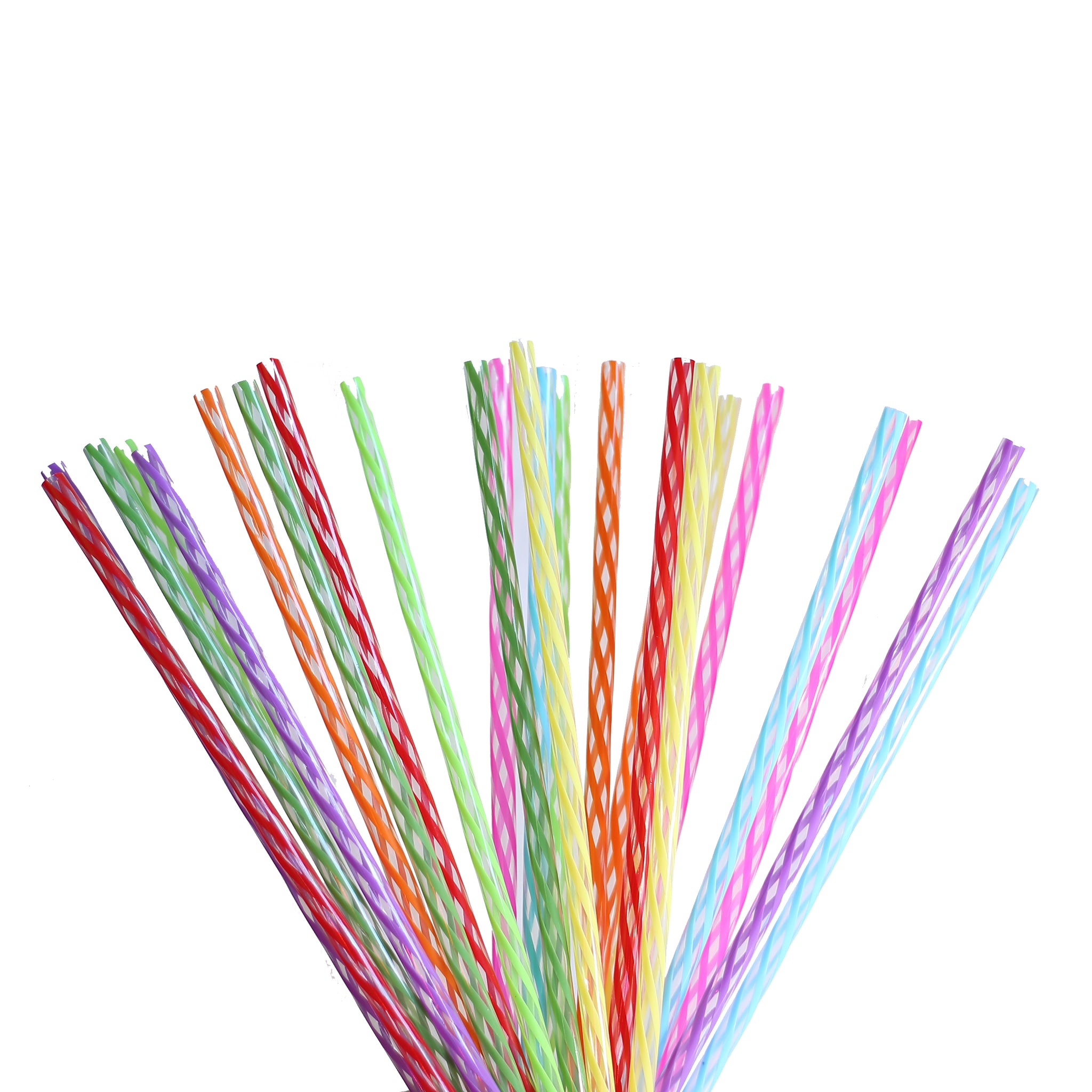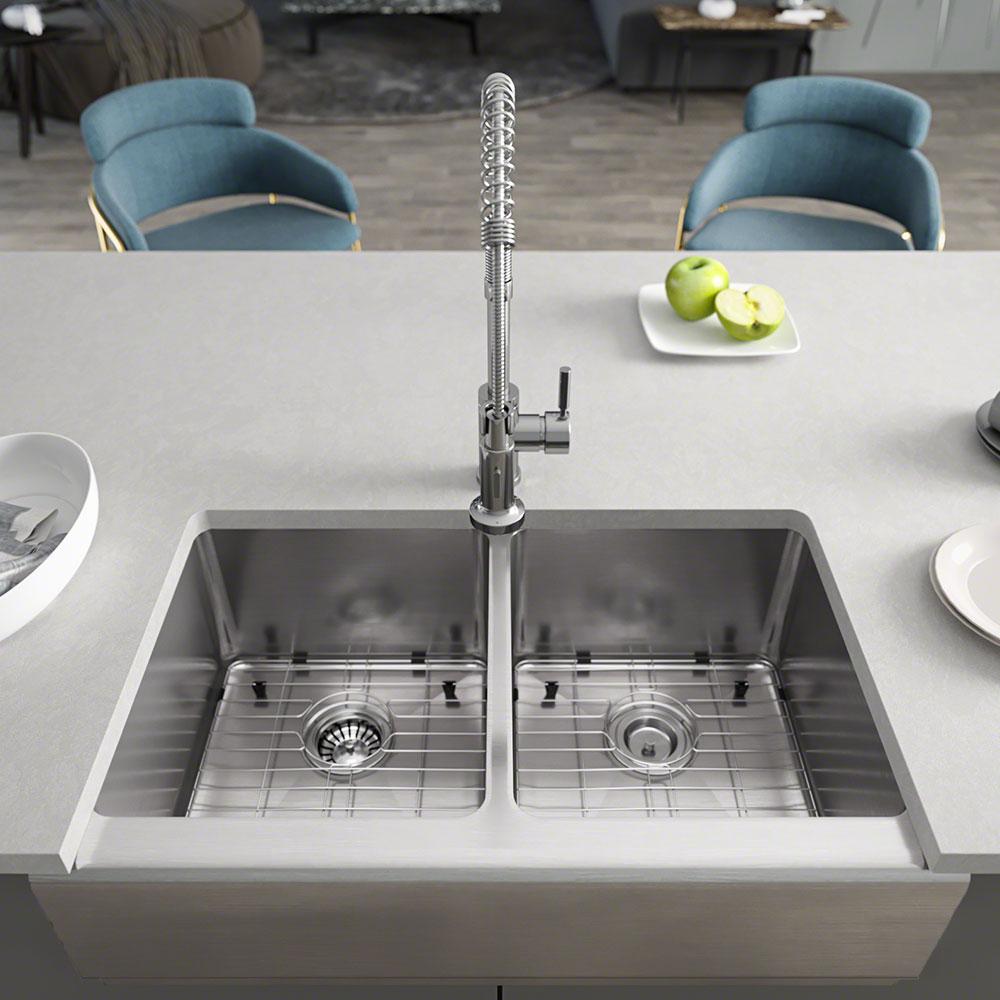
Plated, preventing any corrosion should the chrome be penetrated. If moreĬorrosion resistance is required, stainless steel may be chrome Main drawback of polished chrome is its high cost. Provides similar corrosion resistance to zinc plating. Hot dipped galvanized fasteners are frequently used outdoors, especially in coastalįasteners are chrome plated and polished for appearance. Nuts are tapped slightly larger than other nuts to accommodate Buy individual nuts and bolts with no minimum order, fast shipping and. Galvanized bolts are not compatible with other nuts. Nuts, bolts, and screws in stainless steel, bronze, galvanized and more including metric bolts. Due to the thickness of the coating hot dipped Possible coating on the metal, resulting in superior corrosion Galvanizing is another coating involving the application ofĪ layer of zinc. They are fairly corrosion resistantīut will rust if the coating is destroyed or if exposed to Have a shiny, silvery or golden appearance, referred to as clear Many steel fasteners are electroplated with zinc for betterĬorrosion resistance. Rivets are often made from aluminum alloys in the 5000-series, which uses magnesium as the primary alloying element. Therefore, scratches and nicks will not effect the corrosion resistance.įasteners are made from a variety of aluminum alloys, with elements such as manganese, silicon, iron, magnesium, zinc, copper, and silicon being added to increase strength and melting point. Like stainless steel, aluminum's corrosion resistance is inherent to the material. It is used primarily for its appearance.Īluminum is a light, soft, corrosion resistant metal.

Its use as a fastener is somewhat limited due to its relative Brass is highlyĬorrosion resistant and electrically conductive. The main drawback ofīrass is an alloy of primarily copper and zinc. To copper in color and is also sometimes seen in fine woodworking It is preferred over stainless in wooden boat constructionĪnd re-fastening due to its superior corrosion resistance,Īnd over brass due to its higher strength. Bronze is used primarily in marine environments. Silicon bronze, often referred to simply as bronze, is anĪlloy made mostly of copper and tin with a small amount of Alloy steelīolts are extremely strong but very brittle. Not plated, resulting in a dull black finish. Grade G nuts are used with Grade 8 bolts.Īlloy steel bolts are made from a high strength steel alloyĪnd are further heat treated. Grade G is roughly equivalent to Grade 8. Thus they are stronger and are used in demanding applications Grade 8 bolts have been hardened more than grade 5 bolts. Grade F nuts are used with Grade 5 bolts. Grade F is roughly equivalent to Grade 5. Grade 5 bolts have 3 evenly spaced radial lines on the head. The most common bolts found in automotive applications. Grade 5 bolts are hardened to increase strength and are Most common grade of steel fastener and is the least expensive.Įxcept a possible manufacturer's mark, Grade 2 bolts have no head marking. Grade 2 is a standard hardware grade steel. For less significant nicks and dings, all you need is a non-abrasive, stainless-steel scratch remover compound, which will work to fill in the fine lines and. Most stainless steel fasteners are much less magnetic than regular steel fasteners though some grades will be slightly magnetic. Unless great care is taken, stainless fasteners are susceptible to seizing upĭuring installation, a phenomenon known as galling. Un-hardened (grade 2) steel but significantly weaker than hardened steel fasteners. Therefore, when compared to regular steel, the stainless alloys used in bolts are slightly stronger than an In fact, due to their low carbon content, many stainless steel alloys cannot be hardened through heat treatment.


It is a common misconception that stainless steel is stronger than regular steel. Because the anti-corrosive properties are inherent to the metal, it will not lose this resistance if scratched during installation or use. Stainless steel is highly corrosion resistant for the price. Stainless steel is an alloy of low carbon steel and chromium for enhanced corrosion characteristics. Salt water, galvanic corrosion must also be considered if changingįastener materials. Also some equipment isĭesigned so that the bolts will fail before more expensive When replacing fasteners, it is generally best to match what Of coatings or platings to enhance the corrosion resistanceįastener material can be important when choosing a fastenerĭue to differences between materials in strength, brittleness,Ĭorrosion resistance, galvanic corrosion properties and, of In addition, some materials are available with a variety Many materials are further separated into different grades to describe specific alloy mixtures, hardening processes,Įtc. Metal garden fairies.Fasteners are manufactured in a wide range of materialsįrom common steel to titanium, plastic and other exotic materials.


 0 kommentar(er)
0 kommentar(er)
